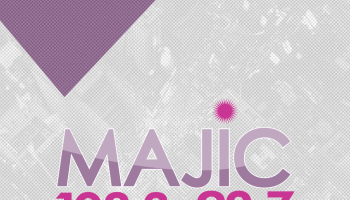VIA ARA LIFESTYLE:
The financial crisis has brought about new kinds of challenges for many Americans. High gas prices, foreclosures and low wages are some well-known symptoms. One of the biggest obstacles, however, has been the feeling of uncertainty we encounter on a daily basis, whether it be our job stability, our family budgets, or even our ability to save for retirement. With layoffs across a multitude of industries, many adults are taking action against this cloud of uncertainty by going back to school.
Take, for example, Denise Browning of Cincinnati, Ohio. Since 1986, Browning has been promoted 6 times at her current job, but she has hit the glass ceiling without a college degree. Despite working for her employer for 22 years, she was recently overlooked and deemed “not qualified” for a promotion.
“Wow, that was devastating,” she says. “Twenty-two years with a company, my accumulated years of knowledge, my excellent rapport with the reporting staff, my willingness to do the job, to be told ‘you’re not qualified’ — ouch!”
Browning applied for a full-ride college scholarship to go back to school through an online education advocacy campaign to help working moms afford the college degree they need to succeed for themselves and their children. With an online degree, she will be able to further fortify her position within a company and open herself up for career advancement. In today’s economy, the added degree even adds a piece of armor to an employee who may have been spotted for downsizing had they not taken charge of the situation by going back to school.
Many people mistakenly believe that in this tough economy, it may be difficult to find financial aid programs; this is simply not the case. Online Student Financial Aid is an example of an extremely helpful site that guides potential students to schools that offer financial assistance. With resources like this, people are still highly equipped to acquire a new degree, and data shows that it pays off.
In 2005, women ages 25 to 34 with bachelor’s degrees earned 70 percent more than those with high school diplomas, and for men the difference was 63 percent. For all full-time workers in this age group, the average earnings premium for a 4-year college degree is almost $14,000, according to “Education Pays 2006,” published by the College Board.
Online courses can be a terrific way to both pick up the education you need and still be able to work, parent, or juggle the many commitments that define most adult lives. There are currently more than 1,500 online degrees offered by over 130 online colleges. Popular online degrees include master of business administration, nursing and criminal justice, as well as education. Which degree is the best fit for you?















